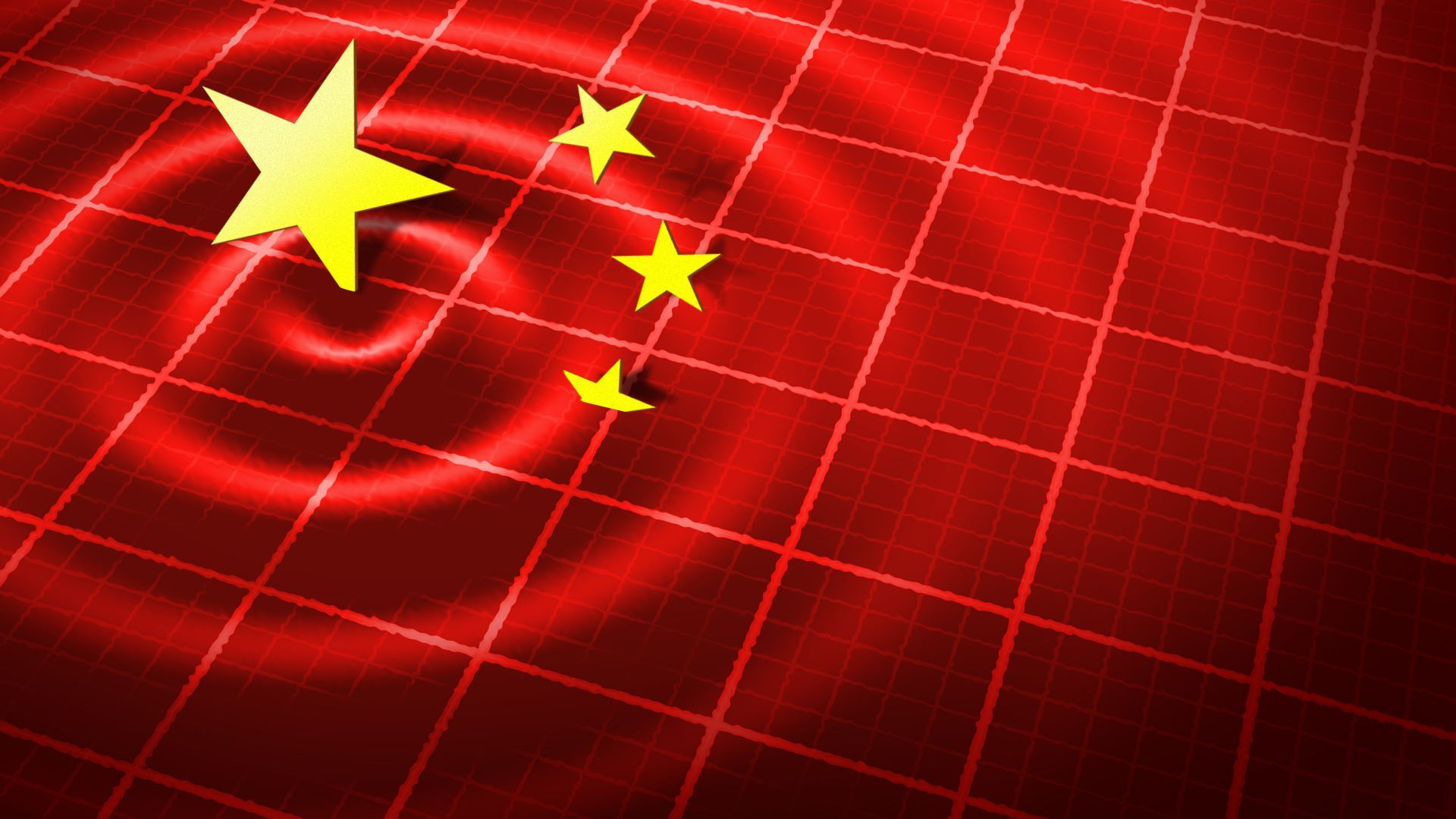Hope King
Why it matters: China is not only the largest consumer market in the world, but it also remains a key component of global supply chains.But the Fed has warned that the country's current troubles — housing market upheaval, regulation and continued COVID-related lockdowns — would spread.
Driving the news: Chinese leaders held their quarterly economic meeting on Thursday and "all but acknowledged" that their annual GDP growth target would not be met, the WSJ reports.Meanwhile, several multinational brands and conglomerates reporting earnings from the second quarter have all cited weakness from the Chinese market as a challenge they've either been hindered by or have to overcome.
Details: Apple, which derives close to 20% from the "greater China region" (which includes Taiwan and Hong Kong) reported a 1% decline in revenue from the area from the same period last year, which was better than feared.Earlier in the week, Adidas cut its financial forecast for the year because it had previously assumed there wouldn't be any more "major" COVID-related lockdowns in China.
The big picture: Goldman Sachs issued a new earnings growth forecast this week for large and mid-cap companies in China of 0%, down from 4%.Chinese Communist Party members omitted a GDP growth target on Thursday. Economists polled by Reuters say full-year growth could reach 4%, down from the country's previously stated target of 5.5%.
What to watch: Jean-Jacques Guiony, CFO of Luxury holding company LVMH, noted on an analyst call Tuesday that while supply chain conditions have normalized, "the situation [in China] is quite uncertain."L'Oréal today was similarly cautious with its outlook, citing double-digit revenue growth from the market last month after most of the COVID-related restrictions lifted.
Our thought bubble: Because Chinese leaders did not signal any change to their zero COVID policy today, multinationals will likely continue to hit bumps until vaccination rates in the country improve.

No comments:
Post a Comment